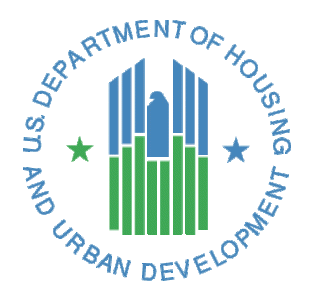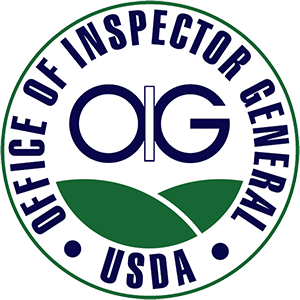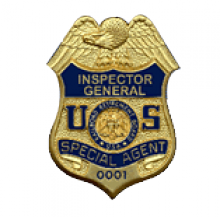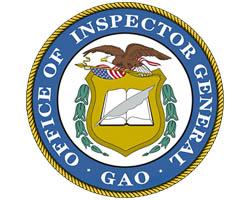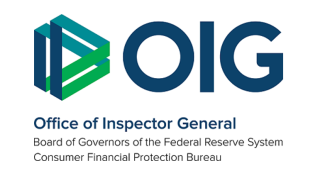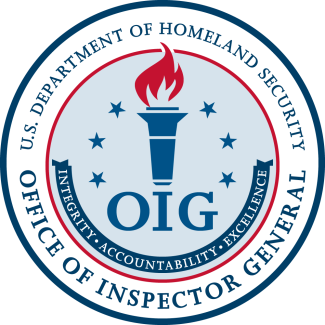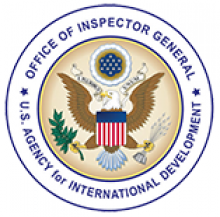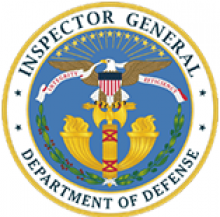We audited the Boston Housing Authority’s public housing program to determine whether the physical condition of the Authority’s program units complied with the U.S. Department of Housing and Urban Development’s (HUD) and the Authority’s requirements. The audit was initiated based on our assessment of risks associated with public housing agencies’ program units and recent media attention and public concern about the condition of subsidized housing properties.The Authority’s public housing program units were not consistently maintained in a decent, safe, and sanitary condition and in good repair. Specifically, we reviewed a sample of 36 units and determined that 31 units had 113 deficiencies. Of the 31 units, 61 percent had 37 deficiencies that existed at the time of the Authority’s last inspection, and 35 percent had 18 life-threatening deficiencies that needed to be corrected within 24 hours. Further, we reviewed the site, exterior, systems, and common areas of 29 of the Authority’s public housing buildings and determined that 24 buildings had 105 deficiencies, which included 31 life-threatening deficiencies that needed to be corrected within 24 hours. Of the 24 buildings, 6 buildings had 18 deficiencies that existed at the time of the Authority’s last inspection.Additionally, the Authority did not consistently perform annual self-inspections for all public housing units and correct deficiencies in a timely manner. Specifically, for 55 units reviewed, the Authority did not perform 37 of the 103 required inspections, collectively, for the Authority’s 2022 and 2023 fiscal years. Additionally, we reviewed 71 deficiencies that the Authority identified during its annual inspections, consisting of 31 life-threatening and 40 non-life-threatening deficiencies. We determined that the Authority did not correct (1) more than 22 percent of the life-threatening deficiencies within 24 hours, including six deficiencies that were miscategorized as non-life threatening and (2) more than 87 percent of the non-life-threating deficiencies within the Authority’s 20-day requirement. See table 1 below.Table 1. The Authority’s annual inspection deficiencies were not corrected in a timely mannerCategoryCorrection timeframeDeficiencies reviewedDeficiencies reported as corrected by the Authority after required timeframesLacked support of corrective actionsLife threatening 24 hours317-Non-life threatening 20 days40356Totals 71426The Authority also did not consistently correct life-threatening, non-life-threatening health and safety, and non-health and safety deficiencies identified during HUD’s Real Estate Assessment Center’s (REAC) inspections in a timely manner. We reviewed a sample of 41 life-threatening, 35 non-life-threatening health and safety, and 86 non-health and safety deficiencies and determined that the Authority did not consistently correct the deficiencies within HUD’s or the Authority’s established timeframes. It also did not consistently support that deficiencies had been corrected. Further, of the 162 deficiencies, we determined that 66 still existed at the time of our observations, or we could not confirm whether the Authority had corrected the deficiencies. See table 2 below.Table 2. The Authority did not correct REAC inspection deficiencies in a timely mannerCategoryCorrection timeframeDeficiencies reviewedDeficiencies reported as corrected by the Authority after required timeframesLacked support of corrective actionsUncorrected or unverified at the time of our observationLife threatening24 hours412384Non-life threatening20 days35292314Non-health and safety25 days86735048Totals 1621258166Further, the Authority did not certify to HUD, within 3 business days, that the 41 life-threatening deficiencies had been corrected, remedied, or acted upon to abate within 24 hours.These conditions occurred because the Authority did not ensure that its (1) inspectors thoroughly inspected units in a consistent manner and (2) policy requiring quality control inspections of units and buildings was fully and consistently implemented. Additionally, after HUD’s COVID-19 waiver of the requirement for annual inspections expired and the Authority resumed performing inspections, the Authority lacked staffing resources to inspect all units, create work orders, correct the deficiencies identified in the Authority’s properties during its own inspections and REAC’s inspections in a timely manner, and report and certify in HUD’s Physical Assessment Subsystem that life-threatening deficiencies identified through a HUD REAC inspection had been corrected in a timely manner.As a result, families resided in units that were not decent, safe, sanitary, and in good repair for longer periods, and HUD did not have timely information to monitor whether the Authority corrected life-threatening deficiencies in accordance with HUD’s 24-hour requirement. If the Authority does not improve the quality of its inspections and address its increasing backlog of work orders, there is a risk of additional families’ residing in units that are not decent, safe, sanitary, and in good repair. We recommend that the Director of HUD’s Boston Office of Public Housing require the Authority to (1) develop and implement a plan to correct the deficiencies identified for its public housing program units and buildings, including the remaining outstanding deficiencies noted during HUD’s REAC inspections, and (2) implement quality control procedures for its inspection and work order processes and mitigation of noted deficiencies to enhance the effectiveness of its unit inspections and ensure that all units meet HUD’s and its own requirements.
| Report Date | Agency Reviewed / Investigated | Report Title | Type | Location | |
|---|---|---|---|---|---|
| Department of Housing and Urban Development | The Boston Housing Authority Did Not Always Comply With HUD’s and Its Own Requirements for Its Public Housing Program Units | Audit | Agency-Wide | View Report | |
| Department of Agriculture | Review of Inventory and Information Security Controls for Excessing IT Equipment | Inspection / Evaluation | Agency-Wide | View Report | |
| Railroad Retirement Board | Audit of the Railroad Retirement Board's Compliance with the FISMA of 2014 for Fiscal Year 2024 | Audit | Agency-Wide | View Report | |
| Government Accountability Office | Opportunities Exist for GAO to Strengthen Procedures for Management of Data Egress Fees | Audit | Agency-Wide | View Report | |
| Board of Governors of the Federal Reserve System | Federal Financial Institutions Examination Council Financial Statements as of and for the Years Ended December 31, 2024 and 2023, and Independent Auditors' Report | Audit | Agency-Wide | View Report | |
| Department of Homeland Security | FEMA Established a Process to Review Hermit’s Peak Assistance Claims but Did Not Meet Required Processing and Reporting Timeframes | Audit | Agency-Wide | View Report | |
| U.S. Agency for International Development | Financial Audit of Bahar Dernegi Under Award No. 720BHA22GR00134 for the Fiscal Year Ended December 31, 2023 | Other |
|
View Report | |
| Department of Defense | Audit of Cyber Vulnerabilities Impacting Defense Critical Infrastructure | Audit | Agency-Wide | View Report | |
| Department of Housing and Urban Development | Grantees Were Delayed in Completing National Disaster Resilience Program Activities, but Remain On Track to Accomplish Goals | Audit | Agency-Wide | View Report | |
| Department of Homeland Security | The Coast Guard Faces Challenges Interdicting Non-Commercial Vessels Smuggling Drugs into the United States | Audit | Agency-Wide | View Report | |


